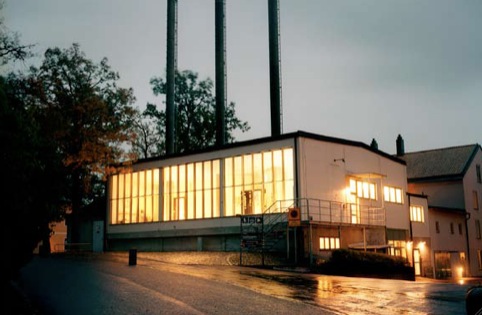A future for creative education
I came away from last night’s D&AD event on creative education with a notebook full of quotes but little clarity on what, if anything, the future of creative education in the UK might look like.

Each contributor outlined some impressive initiatives – Neville Brody’s admirable plans for a D&AD Foundation are well-documented, David Erixon’s Hyper Island initiative is well-known and Emily Campbell’s excellent rewriting of the National Curriculum for the Creative Education Trust deserves more exposure.
All are great ideas. All offer different potential solutions to creative education. And all operate outside the mainstream education system.
And here’s where I have a bit of a problem.
It’s admirable and heartening that Brody, Erixon, Campbell et al – when faced with the problem/solution paradigm facing education (creative education needs more investment from Government: we need to convince Government of creative education’s value) have, as any good designer would, rejected this and developed alternative, potentially revolutionary models.
But, as with any brave move, there are huge risks involved. The mainstream education system isn’t going to go away. By decoupling itself completely from this, the creative industries risk playing into the Government’s hands (I’m sure Education Secretary Michael Gove would be delighted at the prospect of a self-funding, privately-run creative education system).
Maybe we have reached a stage where there isn’t another option – maybe Government is just so intractable and disengaged with the creative industries that there is no choice but for creative education to go it alone.

Brody has addressed this before, telling me in an interview last year, ‘I don’t believe that society and industry should be picking up after what fundamentally should be a Government role… But given the fact that the British Government is Hell-bent on destroying all this…’
He’s right, of course. But I’d argue that one of the reasons the Government is so hell-bent on destroying creative education is that it doesn’t understand its nature and its value.
D&AD is working to change this, as are other organisations, notably the Design Commission, which is attempting to engage with Government and speak its language.
As well as developing its own solutions, the design industry is talking to Government – but is there still hope that Government might listen?
-
Post a comment




